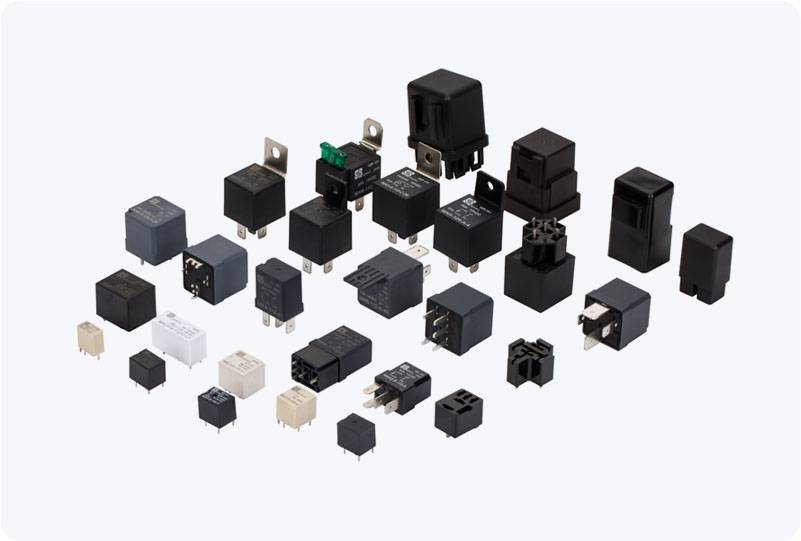understanding industrial control relays: essential components in automation systems
Release time:2025-08-31 14:46:58
Industrial control relays are fundamental components in modern automation and electrical control systems. These electromechanical devices serve as switches, enabling the automation of various processes while providing protection, control, and signaling in industrial applications. This article delves into the workings, types, applications, and benefits of industrial control relays, offering a comprehensive understanding of their critical role in enhancing system performance and reliability.

What is an Industrial Control Relay?
At its core, an industrial control relay is an electrically operated switch. It consists of an electromagnet, a set of contacts, and a mechanical spring system. When an electric current flows through the coil (electromagnet), it generates a magnetic field that either opens or closes the contacts, thus controlling the flow of electricity in the circuit. The relay can either be normally open (NO), where contacts remain open until activated, or normally closed (NC), where contacts are closed until triggered to open.
Industrial control relays are designed to handle a variety of control tasks, ranging from simple on-off operations to more complex protection functions. They are widely used in machinery, industrial control systems, and automation circuits.

